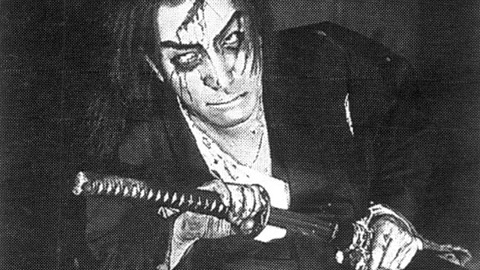I believe there are no measurements, charts, flows,surveys, film review, box office performances, etc. that can really determine how good a movie is. I don't care if more people like one movie over the other. For me, it's all based upon personal preference. Even if you like a movie that others dislike, does not mean that the movie in question is terrible . . . or good. I believe it's all a crap shoot. Yet, many people refuse to believe this, because they seem to feel that either their opinion of a movie is fact, or they will judge a movie based upon box office performance or critical assessment. Movie critics are no more the last word on the quality of a movie than box office performance is. I had learned this lesson a long time ago, when I found myself longing to see a movie, because most of the critics loved it. When I finally saw the movie, it bored the hell out of me. Years later, I had seen a handful of movies that the critics simply hated. I went to see them anyway, because I was curious. I loved them. I still do. It was then I realized that only my opinion mattered to me. Not to anyone else, but me.



